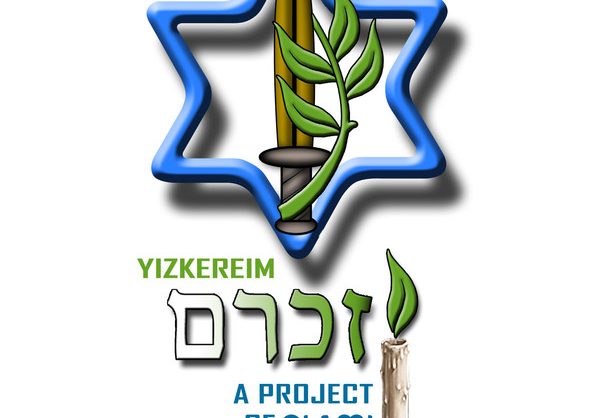Chava, daughter of Lea (Leia) and Shlomo Goldman, was born on June 14, 1928 in Poland, in Lodz, southwest of Warsaw. Daughter of a family of six. On the eve of World War II, Poland was the focal point of world Jewry in the fields of religious, national, political, social and cultural activity. The Jewish community in Lodz numbered about 220,000 and was the second largest after Warsaw, the capital. The Jews contributed greatly to the development of the city in the fields of economy, society and culture. There were great intellectuals in the city, and there was lively political and public activity in the city. On September 1, 1939, World War II broke out with the German invasion of Poland and the conquest of the Blitzkrieg. Lodz was occupied on September 8, 1939, and annexed to the German Reich. Immediately thereafter, brutal persecution of Jews began, abductions of slave labor and abuse. With the publication of the anti-Jewish decrees and regulations, all the life systems of the Jews of Lodz collapsed and they were required to wear a yellow badge. From the beginning of the occupation, the Jews of Lodz were subjected to waves of deportation, and by March 1940 some 70,000 Jews had been expelled from the city. On February 8, 1940, a ghetto was set up in the city, where the transfer of Jews was accompanied by an increase in robberies, abuse and murder. The ghetto was closed in April 1940, and about 200,000 people were crammed into it under inhuman conditions. The Jews of the ghetto were exploited as cheap labor and forced to work in production plants for the Germans. The ghetto soon became a site of mass mortality: overcrowding and poor sanitary conditions caused epidemics, and the population suffered from starvation and starvation. Throughout the years of its existence, extensive cultural and public activities were conducted in the Lodz ghetto, the main purpose of which was to find solutions to the shortage of unemployment and starvation, and in part to strengthen the spiritual dimension. However, the underground organizations of the ghetto stood helpless against the deportations to the death camps. In January-May 1942, 55,000 Jews were removed from the ghetto and murdered in the Chelmno death camp. Thousands of Jewish men were sent to forced labor camps in the Poznan area, and most of them perished. In the course of the “Shifra Operation” in September 1942, about 20,000 people were deported from the Lodz ghetto, who were murdered in gas trucks in the Chelmno extermination camp. The Lodz ghetto, which was the last to be held in Poland, was liquidated in the spring of 1944 when the Jews were sent to Chelmno under the guise of deportations to labor camps in Germany. From August 1944 all the remaining Jews were deported to the Auschwitz death camp. Chava, separated from her parents and the rest of her family, lived in the Innsbruck-Reichenau camp in western Austria until 1945. Her family was among the deportees to the concentration camps, and all of the family perished. At the end of the war she arrived in Sweden, which absorbed tens of thousands of survivors from the concentration camps and did everything she could to rehabilitate. Hava stayed there for a while until she moved to France, where she spent several months at her relative’s house. In 1948 she immigrated to Israel, and for three years served as a caregiver in a children’s home on the kibbutz. Chava, who was fluent in many languages: Hebrew, English, Polish, German and Swedish, easily communicated with young people and adults and managed to fit in. In her free time she read a lot, as if she wanted to complete the years of education that had been stolen from her. In early November 1951, she was drafted into the IDF and served in the Artillery Corps, where she was assigned to one of the Southern Command battalions and served in the Maabara transit camp in Rishon LeZion. Twenty-four years old in the fall. Chava was brought to rest in the military cemetery in Kiryat Shaul. Space is a “last scion”. The survivors of the Holocaust are survivors of the Holocaust who survived the last remnant of their nuclear family (parents, brothers, sisters, sons and daughters) who experienced the Holocaust in the ghettos and / or concentration camps and / or in hiding and hiding in territories occupied by the NazisAnd / or fighting alongside members of the underground movements or partisans in the Nazi-occupied territories who immigrated to Israel during or after World War II, wore uniforms and fell in the Israeli army
